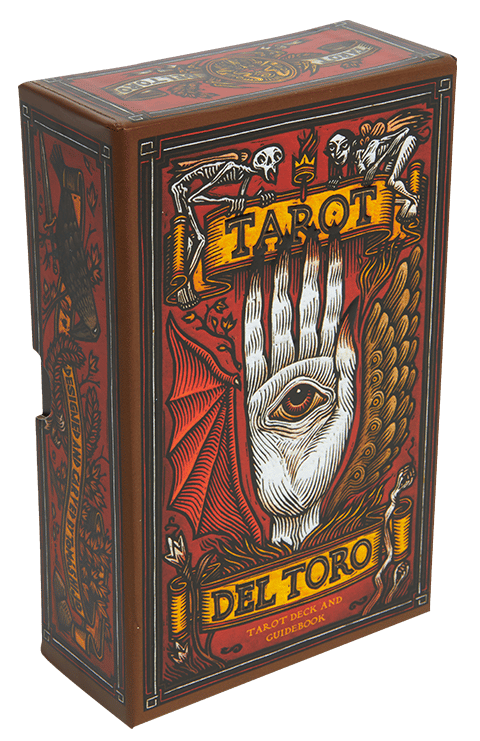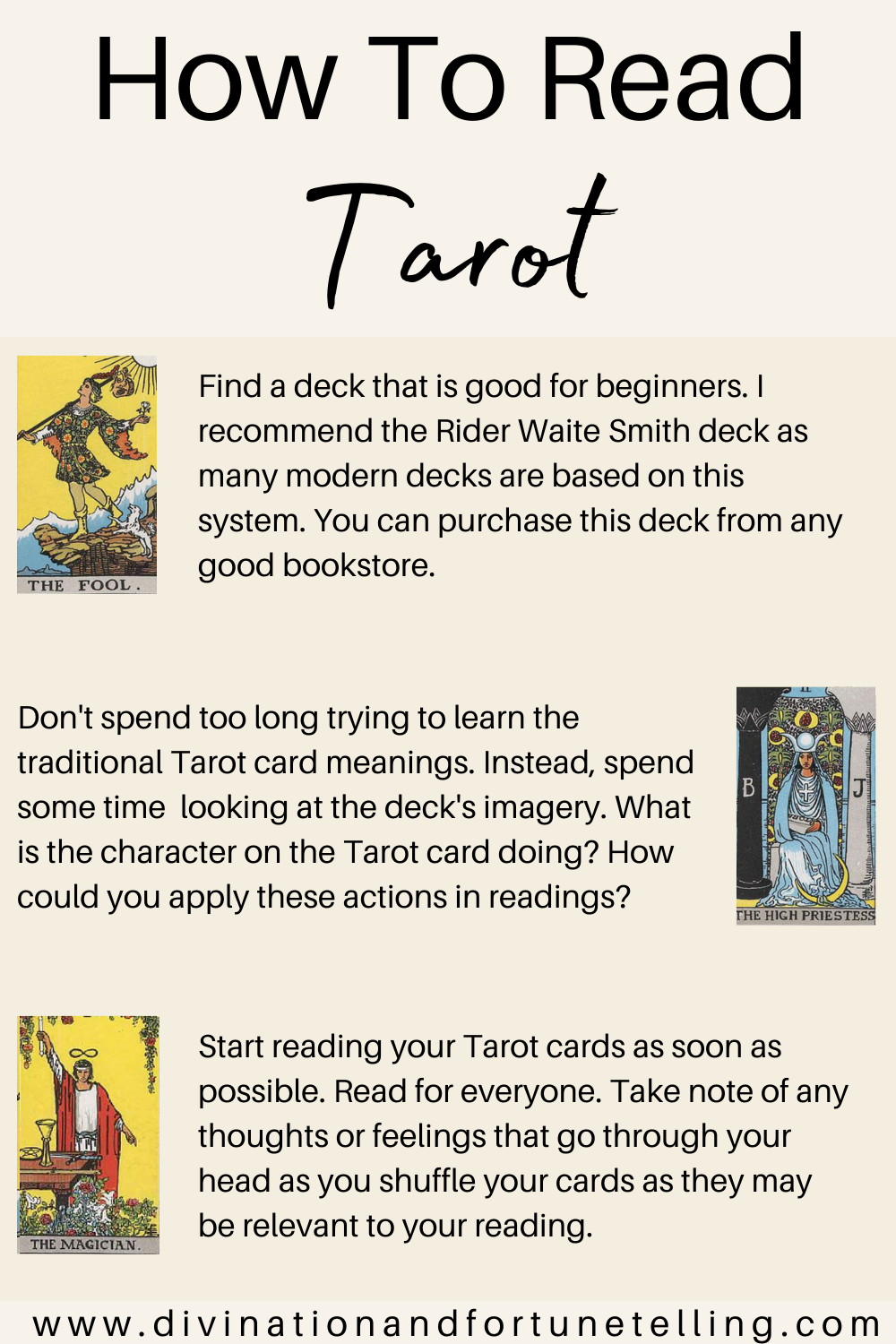
Lenormand Cards aren't esoteric, and they offer a more traditional cartomantic approach in fortune telling. These cards, which are based upon the standard deck of playing card cards, can be read easily and used in a variety ways.
Lenormand cards are a set of 36 cards. Each card has a name written on it. The deck is designed in such a way that it provides a physical and visual picture of a situation. Some cards can even be associated with the zodiac signs and planetary signs. The cards are usually read in pairs with the central card reading as a sentence.
The Lenormand can be used with a Grand Tableau. This is a spread which usually contains three to five cards. The central card, which is called the focus card, is chosen. The Grand Tableau cards are arranged in a specific order. This gives them a special meaning. The cards surrounding the focus card are called anchor cards, which are locators.

The Lenormand is also used to build conics, which are simple sentences that represent a combination of cards. These conics typically use one card as the base and include a word association. For example, a hula dancer might be assigned to the Ring card, which is symbolic of agreements. The card might also have a clover as it represents luck. The meanings of each card vary depending on what deck they are drawn from and the art used to create them.
The Lenormand has some overlap with the Major Arcana of the tarot. However, it is a little more complex and uses more cards to achieve its effect. The images used in the decks range from animals and flowers to court cards. The inset is often used to build a tree.
Lenormands, in contrast to tarot, focus only on the external and physical aspects of a situation. For example, the Snake and Fish might be understood as symbols for water pipes within the house. The Whip – Child symbolises a small argument.
The Lenormand can often be confused with the Tarot. The Tarot is a reading method that uses individual cards to describe the querent's personality or inner emotions. It can also serve to learn various things, including Karma. The Lenormand, however, is an astrological method that combines playing-cards with everyday images.

While the Lenormand can be a simple method to master, it can be intimidating for beginners. You can start by practicing. Practice is the best way to learn. The Lenormand can be found online. You can also find books which will give you a complete list of combinations. Lenormand provides powerful tools to help you find the answers to all your questions.
FAQ
Can I make a living from my hobby and earn money?
You can have many hobbies that lead to extra income.
If your hobby is a passion, you may be able to sell related items.
You might consider setting up a website to sell rare stamps if you have a collection.
This will allow you to earn additional income without having go through the hassles of buying and selling stamps.
Another option would be to create a YouTube channel where you talk about your hobby.
This allows you to share what is important to you with others, and possibly generate additional revenue through premium content.
What are the best ways to find a hobby?
You might feel as though you don't have a choice when you first start your quest for a hobby.
You might think, "I'm not very talented," "I struggle at sports," "I don't really know anything."
The truth is that you likely already have a lot experience in your chosen hobby.
It's not that you don’t realize it yet.
Take a look around your house. How much stuff do you own?
Do you have any old toys lying around?
Perhaps you own a collection or magazines.
You might have always wanted the ability to cook.
Perhaps you just want to pick up the guitar again.
It doesn't matter what it is, you can probably turn it into a hobby.
Realize that you have many experiences already.
Once you have done that, you will be able choose a hobby that suits your lifestyle.
Why do we require hobbies?
Hobbies are a vital part of our lives as they allow us to unwind, relax, think creatively and exercise. They also give us the opportunity to socialize, network, and have fun. These hobbies offer us the opportunity to learn new skills, develop valuable lifelong interests, and provide opportunities for us to do both.
Hobbies can help us find meaning and purpose.
These can often be a great way to get some extra time while you have nothing else.
They are also very entertaining!
If you don't have time for a hobby, then you probably don't have time for anything else either.
Take a look at the many options that are available to you. You might consider starting a hobby if you don't already have one.
Statistics
- Much of this decline reflects the fact that teens are less likely to work today than in the past; among employed teens, the amount of time spent working is not much different now than it was around 2005. (pewresearch.org)
- 37% Video Games 36% Travel 36% Health and Fitness (quizexpo.com)
- Almost 80% of people claim to have no hobby. (hobbylark.com)
- A new survey by Pew Research Center of teens ages 13 to 17 finds that 36% of girls feel tense or nervous about their day every day; 23% of boys say the same. (pewresearch.org)
- Studies show that just six minutes of reading can reduce stress levels by 60 percent. (oberlo.com)
External Links
How To
How to Learn a Musical Instrument
There are many options for learning how to play the piano. You could attend a school, read a book, get lessons from someone who plays a musical instrument, or look at videos online. Here are some tricks and tips to help you find your way.
-
Find something that interests or appeals to you. If you don’t enjoy any of the instruments that you see, you might consider trying another one. If you don’t enjoy playing an instrument it will be hard for you to get into it.
-
Be patient. Learning anything new takes some time. Don't expect to master everything right away. Instead, practice every day.
-
Make sure you practice regularly. Do this even when you feel tired. This will ensure that your memory doesn't fade.
-
Pick a place where you can practice. Ideal is a quiet area where you don't have to disturb anyone else. Also, make sure that there aren't too many distractions. Also, don't let loud music play near your home.
-
Have fun. Music is meant for enjoyment. You should have fun practicing music. Enjoying yourself will motivate you to continue going at it.
-
Set goals. Set goals. You'll know exactly what you must achieve. There is no excuse for failure.
-
Keep track of your progress. Keep track of all your successes and failures. It will help you become a better person over time.
-
Pause. Sometimes all it takes is to take a breather. Take breaks to allow you to reflect on things.
-
Ask questions. If you have any questions or doubts about the instrument, ask other people. They may be able to help you out.
-
Listening is the best way of learning. Many musicians enjoy listening to their favorite songs and trying to imitate them. This helps them understand the basic concepts behind the song.
-
Read books. You will learn more from reading books than you can by watching videos or attending classes. Books contain information you will not find anywhere else.
-
Join a band. You will be able to practice more when you play with others. Plus, you will find people with similar interests to you.
-
View tutorials. Tutorials are short videos that explain various topics in great detail. These videos typically focus on one aspect of the instrument. Watching tutorials can help you understand difficult parts of the instrument.
-
Try different methods. Some people learn best by reading, while others prefer lectures. Try different methods until you find the one that works for you.
-
Practice makes perfect. Nobody becomes an expert overnight. Instead, it takes time and effort to become proficient enough for you to succeed.
-
Play along with other musicians. Listening to your fellow musicians perform their favourite songs can help you learn quicker.